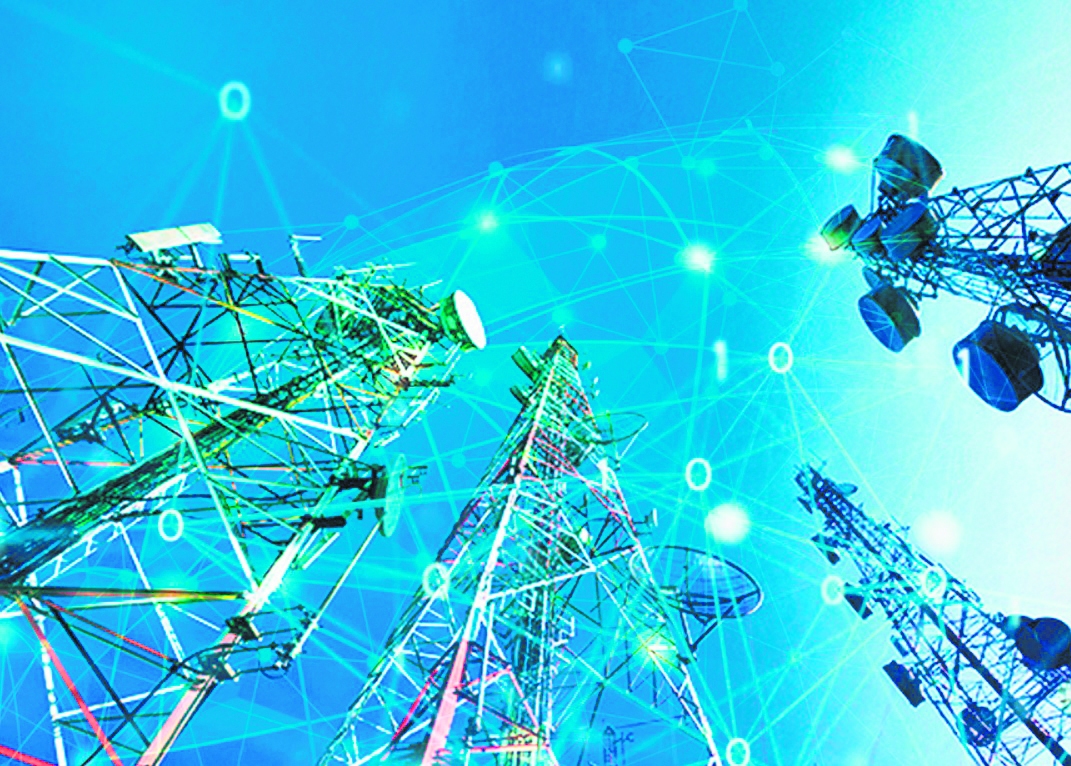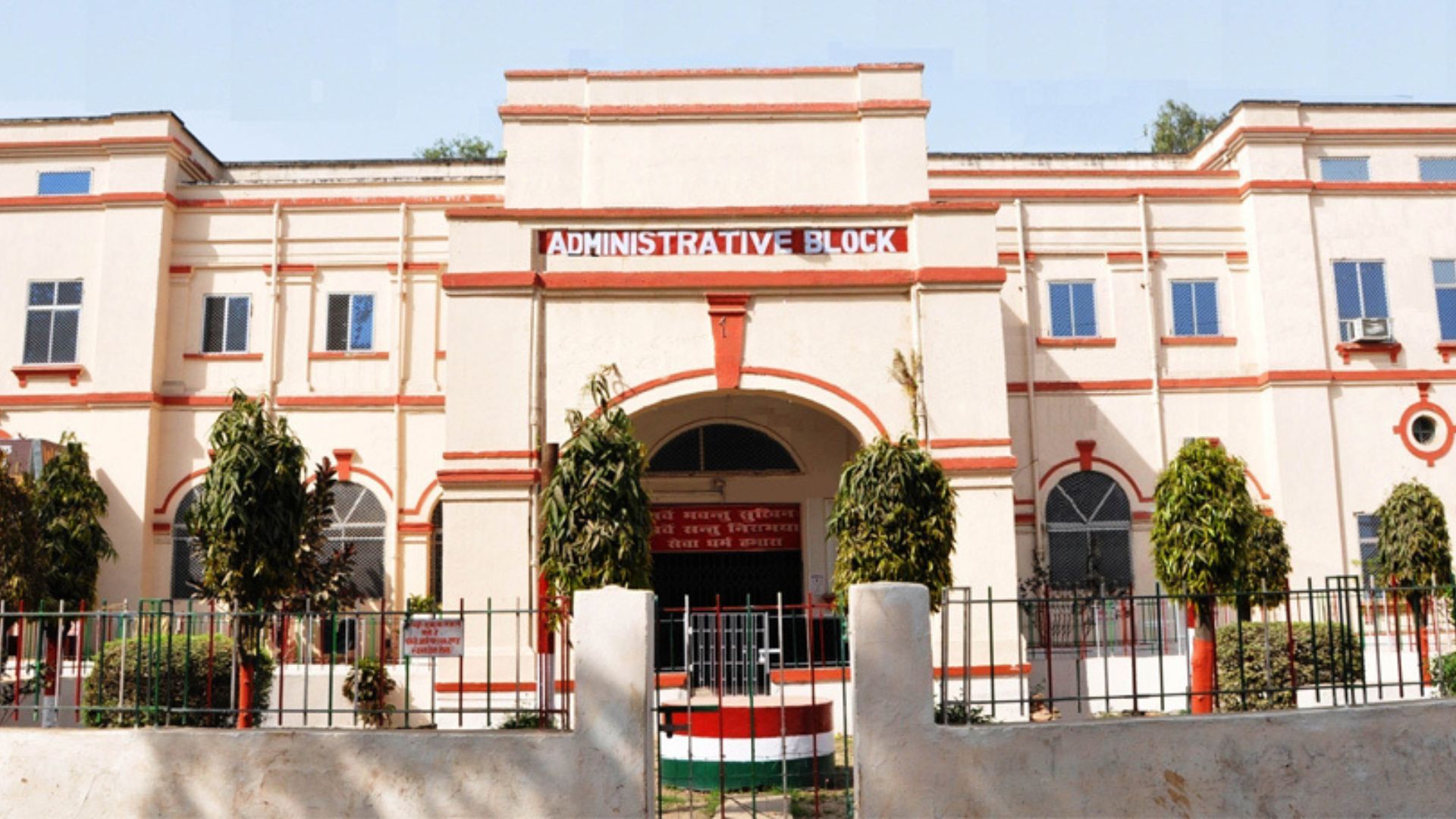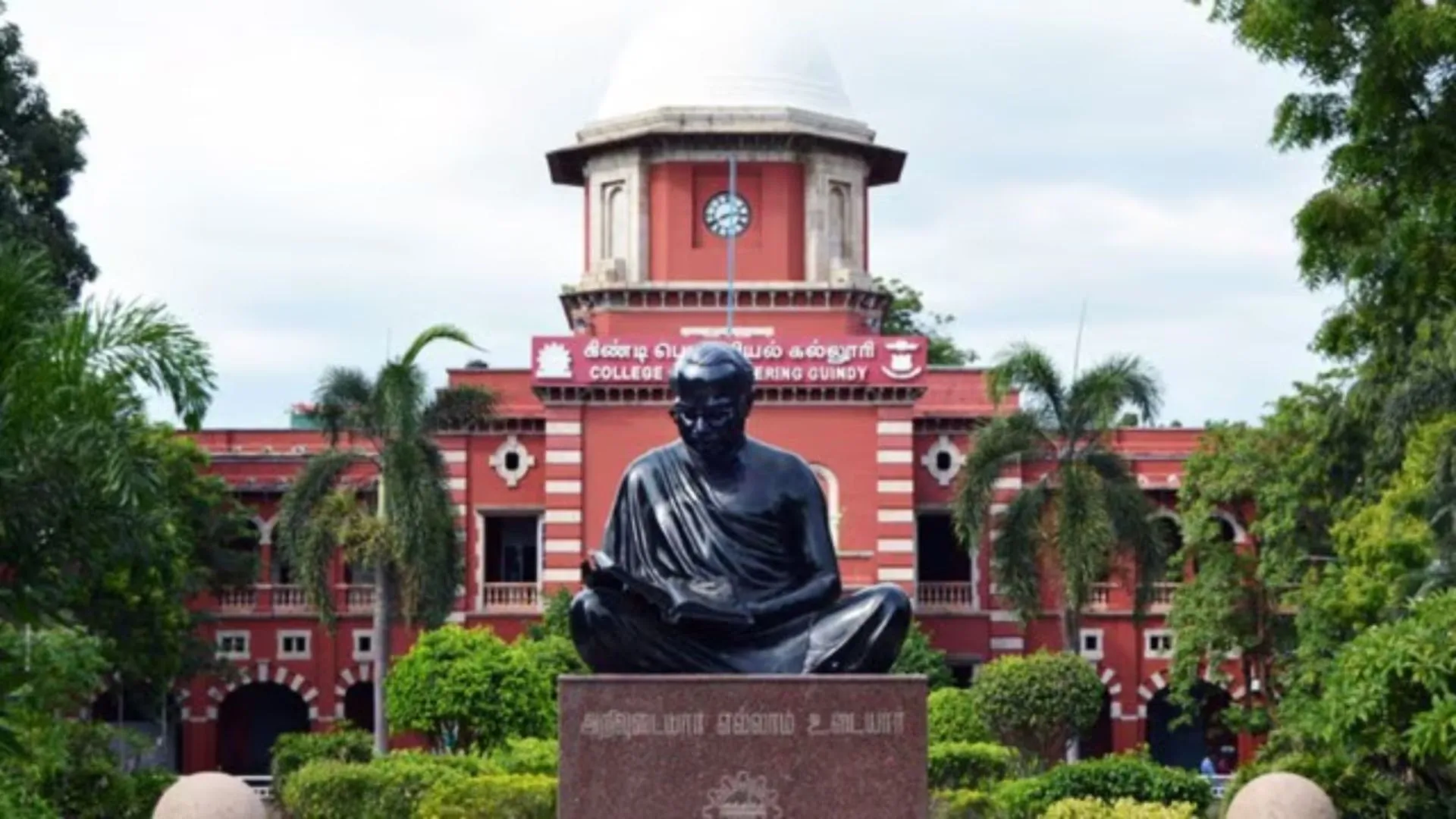The long-awaited Telecommunications Bill of 2023 was successfully passed in the Lok Sabha on December 20. Positioned as a pivotal reform initiative, this legislation aims to introduce a liberalized framework, paving the way for the adoption of satellite-based telephony. In a departure from the customary auction process for terrestrial airwaves, the bill facilitates access to spectrum through administrative channels. Additionally, it emphasizes the establishment of a resilient security framework to shield vital mobile networks from cyberattacks and unauthorised intrusions.
Introduced on December 18 in the Lok Sabha, the Telecommunications Bill, 2023 (referred to as “Telecom Bill, 2023”) emerged nearly a year after concluding consultations for its 2022 counterpart, the draft Indian Telecommunication Bill, 2022 (“Telecom Bill, 2022”). Following multiple inter-ministerial discussions throughout the year, the Department of Telecommunications (“DoT”) has unveiled a reworked edition of the colonial-era 1885 law it aimed to reform. Notably, this revised version still maintains the extensive surveillance and internet suspension powers vested in the Union government.
WHY SHOULD YOU CARE?
In the past, laws overseeing telecom services were sometimes used to watch our devices and shut down our internet. As times change, these laws are getting updated to cover new services. The 2022 Telecom Bill tried to include online services (like Signal, Zoom, Skype, Gmail) under the same rules used for traditional broadcasts. If this surveillance power expands from TV to online services, it could harm our rights and freedoms. The Telecom Bill of 2023 is unclear, making us worried about how it affects internet services. No matter what, the bill could impact our right to privacy and freedoms like expressing ourselves and getting information.
THE JOURNEY OF THE TELECOM BILL FROM 2022 TILL 2023
The Indian Telecom Bill of 2022 was made public for people to give their opinions on September 21, 2022. This happened after a document asking for suggestions on the “Need for a new legal framework governing Telecommunication in India” was released on July 23, 2022. Surprisingly, the Telecom Bill of 2022, which came out just three weeks after people had a chance to share their thoughts on the document, included some controversial parts that were not in the initial document. We asked the Department of Telecommunications (DoT) for the feedback they got on the first document, and they shared it with us.
However, they refused to share the feedback they got on the Telecom Bill of 2022, even though they had asked for comments on it until late last year. Not having this information makes it unclear why they made the changes.
KEY FEATURES OF THE TELECOM BILL 2023:
User consent mandatory for specific messages
Mandatory user consent for specific message categories; violators to incur imprisonment and fines. OTT apps like WhatsApp not to be regulated Telecom regulations do not cover OTT platforms like WhatsApp, Signal, and Telegram, leaving them beyond the scope of the Telecom Bill.
New dispute resolution mechanism to be set up
One or more online dispute resolution mechanisms may be set up. Mechanism needed for reporting malware, etc, by users.
19 services/entities to get spectrum without auction.
19 services/entities listed under “first schedule”, where spectrum can be given administratively.
These include:
a) National security, defence, disaster management, public broadcasting, etc.
b) Satellite services, including GMPCS holders (such as Bharti OneWeb, Starlink, Amazon Kuiper and Reliance Jio Satellite).
c) BSNL and MTNL.
For others, spectrum will be provided through auction.
Unauthorized telecom infrastructure setup incurs penalties
The bill includes penalties and punishments for actions like setting up telecom infrastructure without authorization, unlawfully intercepting messages, or gaining unauthorized access to telecom networks.














